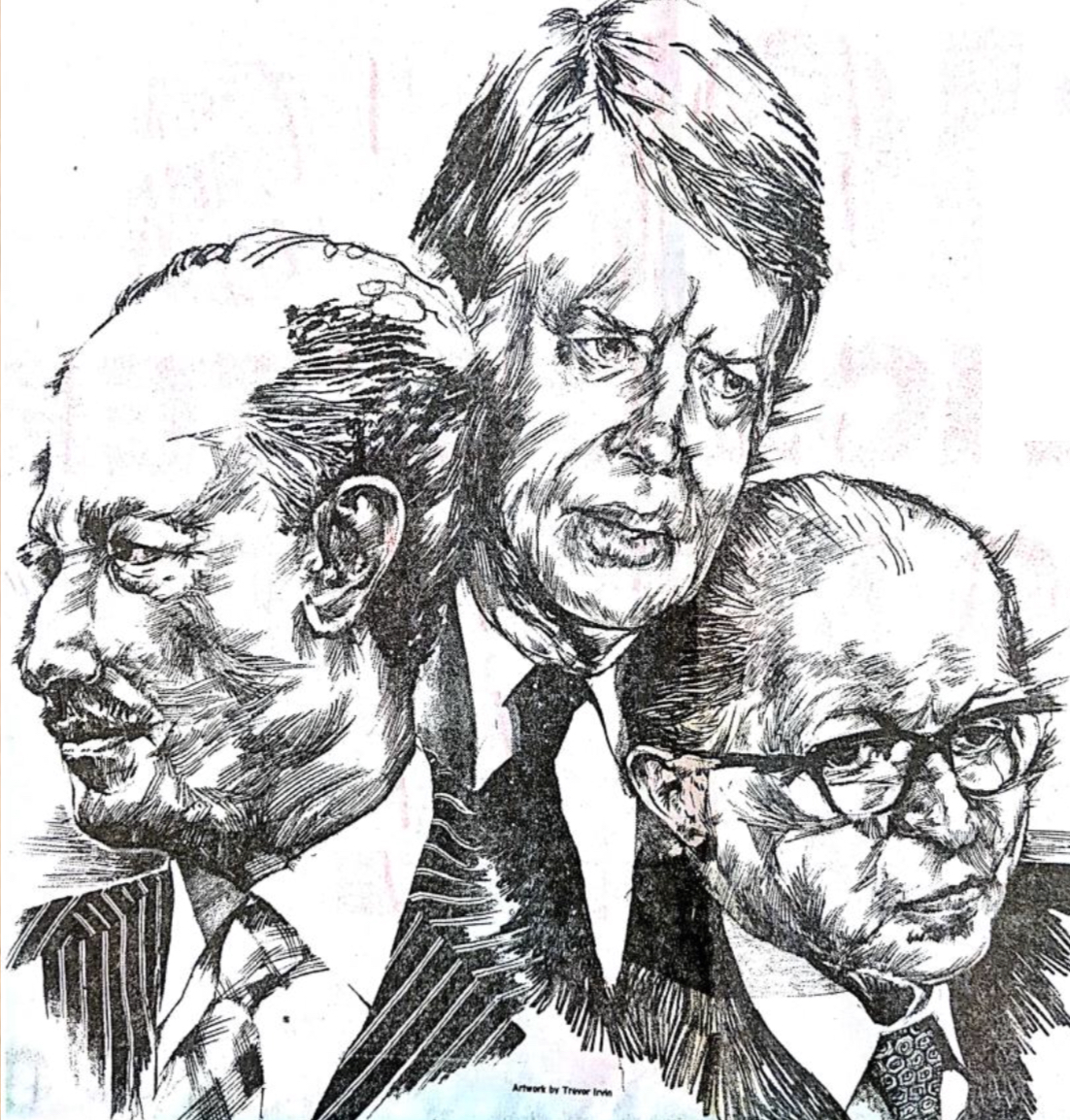The Winding Road to the Peace Summit

Forty years ago this month, President Jimmy Carter convened the Camp David summit between Israeli and Egyptian leaders to push Arab-Israeli negotiations forward in an unprecedented and intensive manner. Prior to those talks, as a recently arrived Assistant Professor at Emory College in Atlanta, I wrote this article. Naturally I did not enjoy either hindsight, participant memoirs of what happened during those two weeks nor transcripts of the meetings that took place. I pieced the article together then from published sources in Arabic, English, and Hebrew. Surprisingly to me, after forty years, most of what I wrote about the outcome of Camp David before it was convened, actually occurred. Several basic negotiating realities of forty years ago have not changed and remain vital if there is to be a renewed negotiating process:
1) no agreements are possible unless the respective sides want it more than the mediator;
2) without leadership that exhibits vision, and courage, and an ability to manage ones’ domestic setting, negotiations will not take place; and
3) respective sides need to make compromises and trade offs even on matters that were once considered ideologically impossible to make.